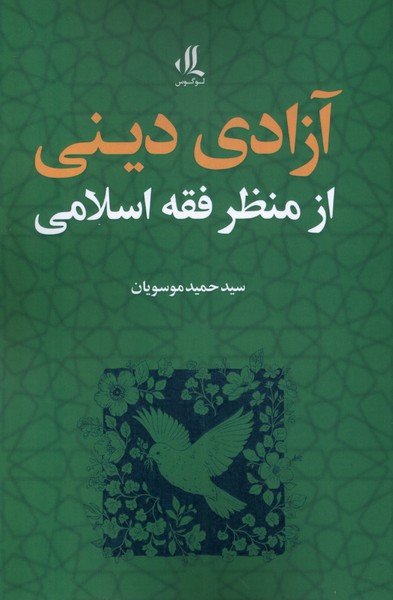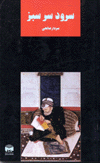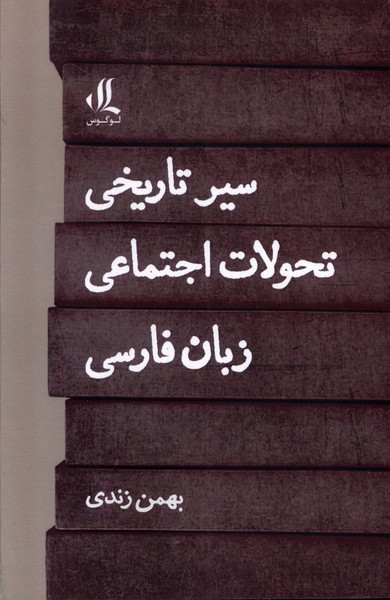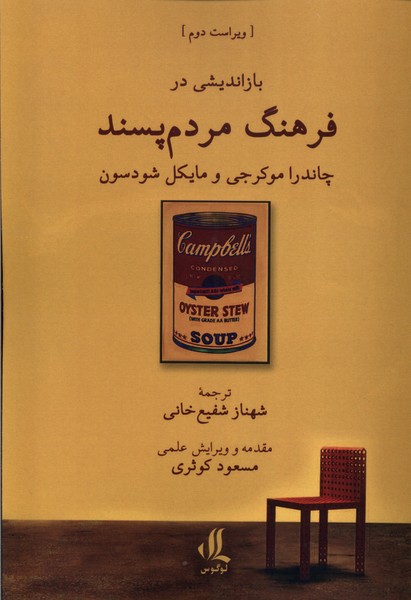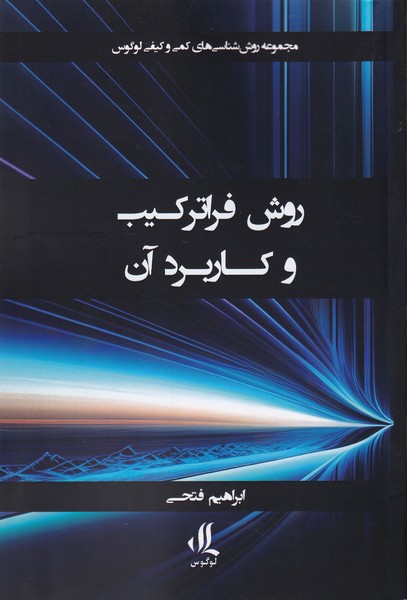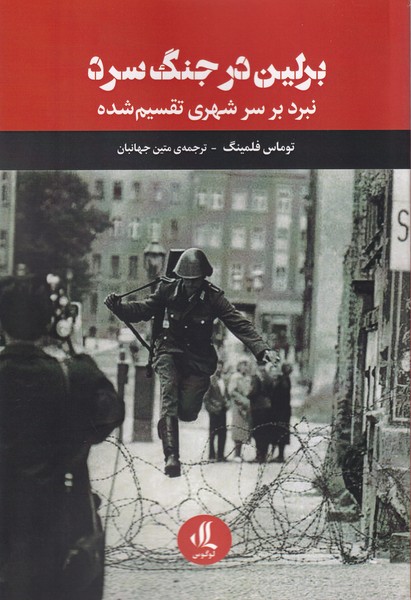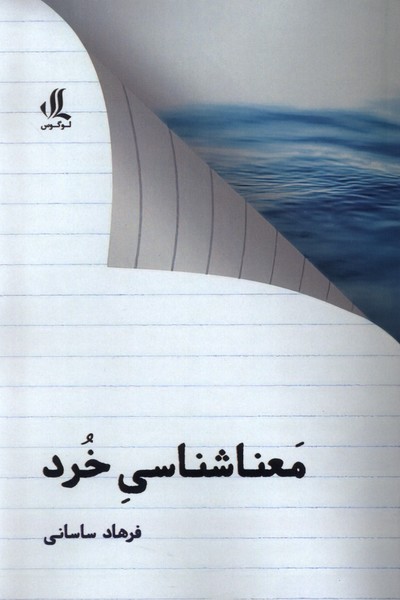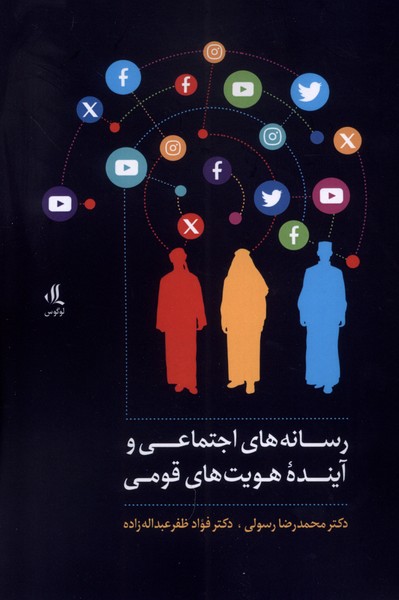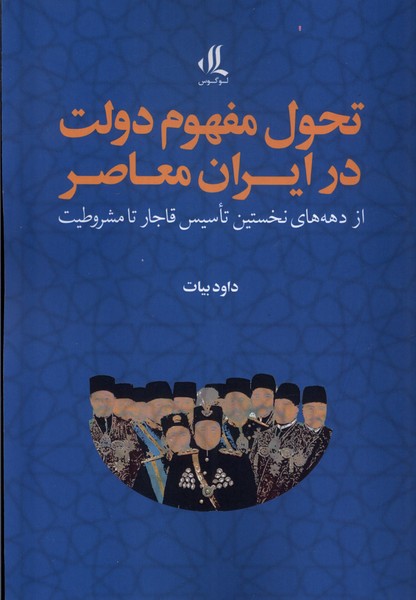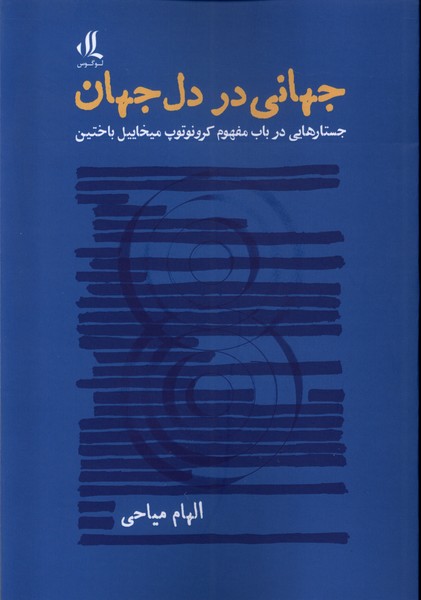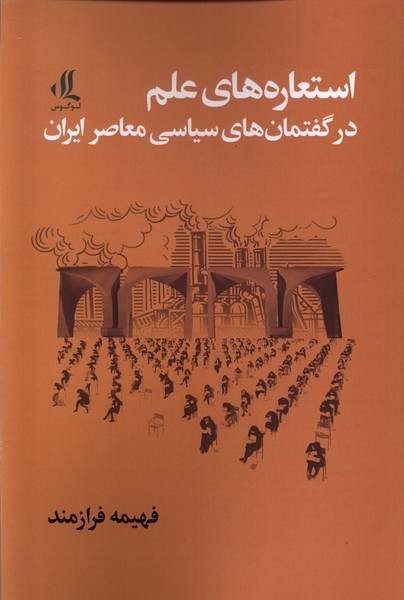Āzādī-yi Dīnī az Manẓar-i Fiqh-i Islāmī: Persiska (Farsi) 1403
آزادی دینی از منظر فقه اسلامی
16,99 $
Dela
Wishlist
The performance of religious rituals and the right to have a place of worship are among human freedoms in the field of beliefs and religions. Usually, the followers of each religion, through the performance of rituals and gathering in the place of worship, in addition to strengthening their religious beliefs, also convey a sense of solidarity and social interaction to each other. In addition to this, the propagandistic aspect of ritual performance should also be considered. During the dominance of religion in a particular society and government, one of the questions that are posed to the followers of that religion is the degree of freedom of the followers of other religions in that society, especially in the field of their religious rituals and rituals, and the right to have a place of worship and community. It is for performing these rituals.
During the dominance of religion in a particular society and government, one of the questions that are put before the followers of that religion is the degree of freedom of the followers of other religions in that society, especially in the field of their religious rituals and rituals, and the right to have a place of worship and community. It is for performing these rituals.
This research, which was carried out in the framework of Islamic jurisprudence and law, examines the right to religious freedom from three angles: legal issues (especially human rights and international law), the historical experience of Muslim governments (from the time of the Holy Prophet to the present day), jurisprudential fatwas Talking about these three aspects is to obtain the basis of the existing important theories about non-Muslims and their right to religious freedom among jurists. Finally, an attempt has been made to criticize the common viewpoints based on the bases accepted by jurisprudence and to answer the question of whether Islamic jurisprudence is possible to accompany the religious freedom of the followers of other religions.
more
اجرای مناسک دینی و حقِ داشتن پرستشگاه از جمله آزادیهای انسان در حوزه عقیده و ادیان شمرده شده است. معمولاً پیروان هر دین از طریق اجرای مناسک و تجمع در پرستشگاه علاوه بر تقویت باورهای دینی، حس همبستگی و تعامل اجتماعی را نیز به یکدیگر منتقل میکنند. علاوه بر این جنبه تبلیغی اجرای مناسک را نیز باید در نظر داشت. در زمان تسلط یک دین در یک جامعه و حکومت خاص، یکی از پرسشهایی که در برابر متدینان به آن دین قرار میگیرد میزان آزادی پیروان سایر ادیان در آن جامعه، بهویژه در حوزه آیینها و مناسک دینی خاص خودشان، و حق دارا بودن پرستشگاه و اجتماع در آن برای انجام این آیینهاست.
در زمان تسلط یک دین در یک جامعه و حکومت خاص، یکی از پرسشهایی که در برابر متدینان به آن دین قرار میگیرد میزان آزادی پیروان سایر ادیان در آن جامعه، بهویژه در حوزه آیینها و مناسک دینی خاص خودشان، و حق دارا بودن پرستشگاه و اجتماع در آن برای انجام این آیینها است.
این پژوهش که در چارچوب فقه و حقوق اسلامی صورت گرفته است، حق آزادی دینی را از سه زاویه مورد بررسی قرار میدهد: مباحث حقوقی (بهویژه حقوق بشر و حقوق بینالملل)، تجربه تاریخی حکومتهای مسلمان (از دوره پیامبر اکرم تا زمان حاضر)، فتواهای فقهی. سخن از این سه جنبه برای به دست آوردن مبنای نظریات مهم موجود در مورد غیرمسلمانان و حق آزادی دینی آنها در میان فقهاست. در نهایت کوشش شده است بر اساس مبناهای مورد پذیرش فقهی، دیدگاههای رایج مورد نقد قرار گیرد و در نهایت به این پرسش پاسخ داده شود که آیا فقه اسلامی امکان همراهی با دیدگاه آزادی دینی پیروان سایر ادیان را دارد.
more

